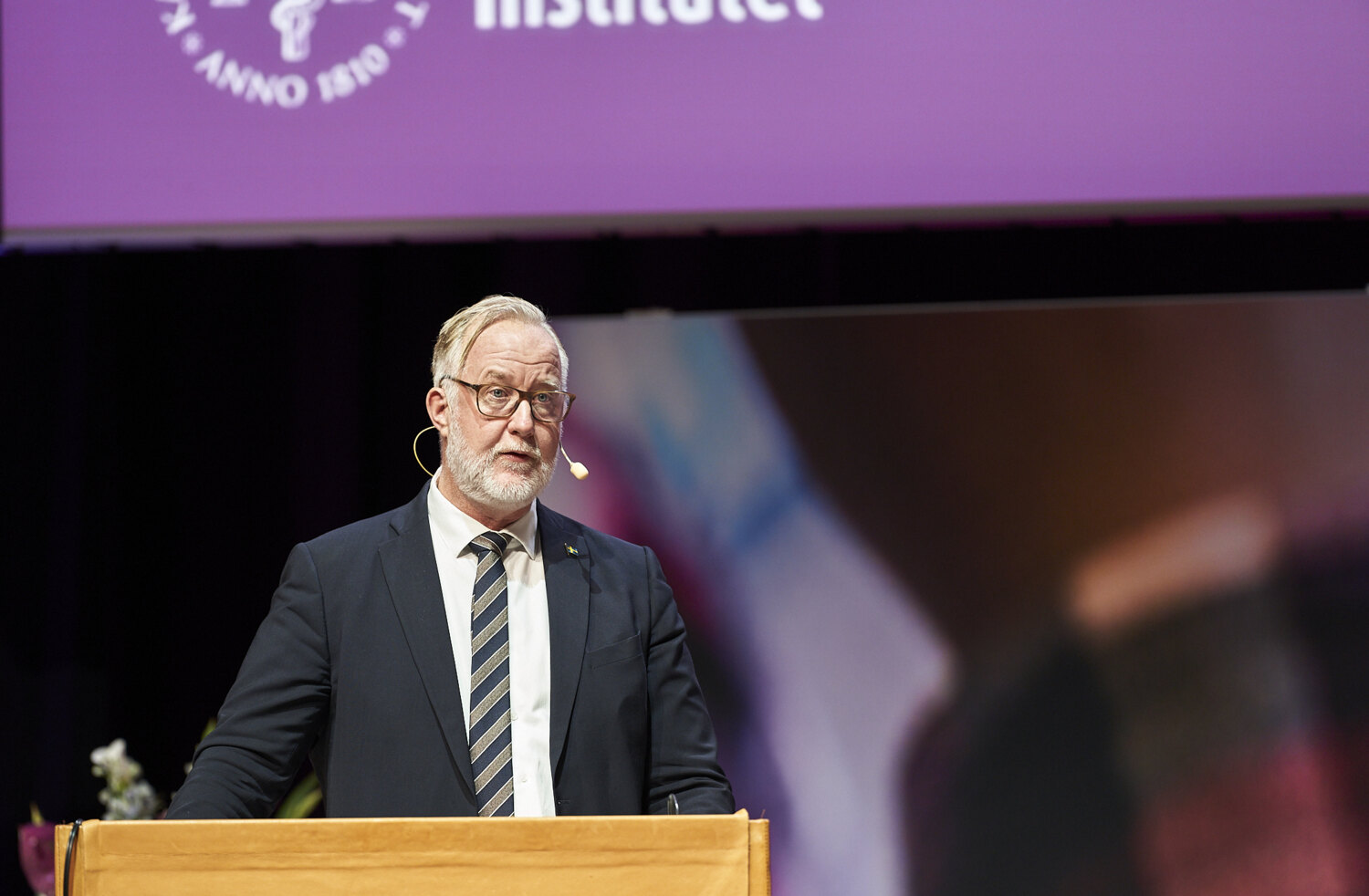More than one third of black and ethnic minority people in Scotland have experienced discrimination within the past two years, research reveals.
The findings – in line with similar studies published in 2015 and 2017 – suggest discrimination levels have been persistent over a six-year period despite political action to address the issue.
More than one quarter of those surveyed by the University of Edinburgh and the polling company Survation said they felt incidents of discrimination in Scotland have become more frequent.
This is despite the Scottish Government introducing a Race Equality Framework in 2016, which was designed to tackle racial discrimination.
Researchers asked a statistically representative sample of more than 500 black and ethnic minority people in Scotland a range of questions exploring whether they had been affected by racial discrimination.
Name calling
Instances of discrimination may include name calling, the use of inappropriate language, incidents on public transport and prejudice in the workplace.
Discrimination at work could include unfair assumptions about an employee’s ability in relation to promotion, and employers not wanting a particular racial profile to become the public face of an organisation.
Of those who had experienced discrimination, 25 per cent said it had happened when applying for a job, while 18 per cent said it had affected their promotion chances and another 18 per cent their attempts to seek equal pay.
More than one third – 35 per cent – reported experiencing discrimination while using transport services and 20 per cent while accessing healthcare.
Perceived ethnicity
A significant majority – 89 per cent – of those who said they had experienced discrimination felt this was because of their perceived ethnicity. Some 66 per cent felt it was also based on their perceived religion.
Certain black and ethnic minority groups reported higher levels of discrimination than others, the study found.
Some 37 per cent with a black African Caribbean heritage said they had experienced discrimination in Scotland in the past two years, compared with 35 per cent for those of Asian heritage and 24 per cent for mixed heritage respondents.
Researchers found that 49 per cent of those people who had experienced discrimination did not report it. This number has decreased from more than 60 per cent in previous years, suggesting a greater willingness to register complaints.
Widespread problem
Some 29 per cent of respondents agreed with the statement that racial discrimination is a widespread problem.
A total of 42 per cent agreed that the Scottish Government was doing enough to tackle racial discrimination – down from more than 50 per cent previously. A similar pattern was true of reported confidence in the laws – 60 per cent – which was lower than in previous years.Lead researcher
It is encouraging that black and ethnic minority Scots still have faith in Scottish institutions to tackle racism, but this trust has decreased over time. Although levels of non-reporting have improved, they still remain high so more targeted support is needed to help overcome this.








